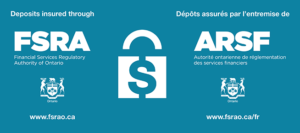Pros, Cons, and How to Decide.
If you’re in your house-hunting era, you know that there are a lot of elements to consider when preparing to buy a home.
Choosing between fixed and variable mortgage rates is often at the top of the list of decisions when purchasing a new home. This typically means choosing between predictable payments and the possibility of lower costs.
Fixed-Interest Rate Mortgage
Fixed-rate mortgages are the most popular mortgage type in Canada. Fixed rates provide stability and protect you from rate volatility until the mortgage term is up.
With a fixed-rate mortgage, you pay the same interest rate for your entire mortgage term, whether it’s six months, five years or longer. Even if fixed mortgage rates change, your rate and monthly payment remain the same until maturity.
Benefits and Risks of Fixed-Rate Mortgages
Benefits
Stability
Your interest rate and mortgage payments remain the same during your term.
Predictable Payoff
The proportion of each monthly payment that will go toward interest and principal is known at the outset of the term. You can predict exactly how long it will take you to pay off the mortgage.
Risks
Higher Interest Rates
Fixed rates, though competitive, can sometimes be higher than variable rates.
You’re Locked In
If you have a fixed rate and rates drop, nothing changes. You’ll need to renew or refinance (with fees) to get a lower rate.
High Penalties
If you break a closed, fixed-rate mortgage contract, you could face very high prepayment penalties.
Variable Interest Rate Mortgage
With a variable-rate mortgage, your interest rate follows movements in Prime rates. That means the amount of interest you pay changes if Prime changes. Choosing a variable rate mortgage is betting that Prime will remain the same or fall during your mortgage term.
Usually offered in a 5-year term, variable rates are often comparable to 5-year fixed rates, but you could see fluctuations that make them lower or higher than fixed rates.
Benefits and Risks of Variable Rate Mortgages
Benefits
Potentially Lower Costs Over Time
If interest rates fall during your term, you’ll pay less interest with a variable-rate mortgage than a fixed-rate mortgage.
Minimal Penalties
Most lenders charge three months’ interest if you need to break your variable-rate mortgage contract.
Ability to Switch to a Fixed-Rate Mortgage
Many lenders allow homeowners with a variable-rate mortgage to change to a fixed-rate mortgage anytime.
Risks
Unpredictable
If interest rates rise, you could pay more than you would have with a fixed-rate mortgage.
Converting could cost you more
If you convert to a fixed-rate mortgage mid-term, the rate will reflect current interest rates, which may be higher than those available when you first took out your mortgage.
The easiest decision? Talk to us. We can help you decide!
Whether you are buying your first home, refinancing, or looking for a new home, our mortgage solutions include better rates, prepayment options, same-day approvals, and the expertise to design a custom package tailored to you.
Compare rates with our mortgage calculator, then meet with one of our experts to learn more.

Nichelle Langlois, Assistant Sales & Service Manager at WFCU Credit Union










